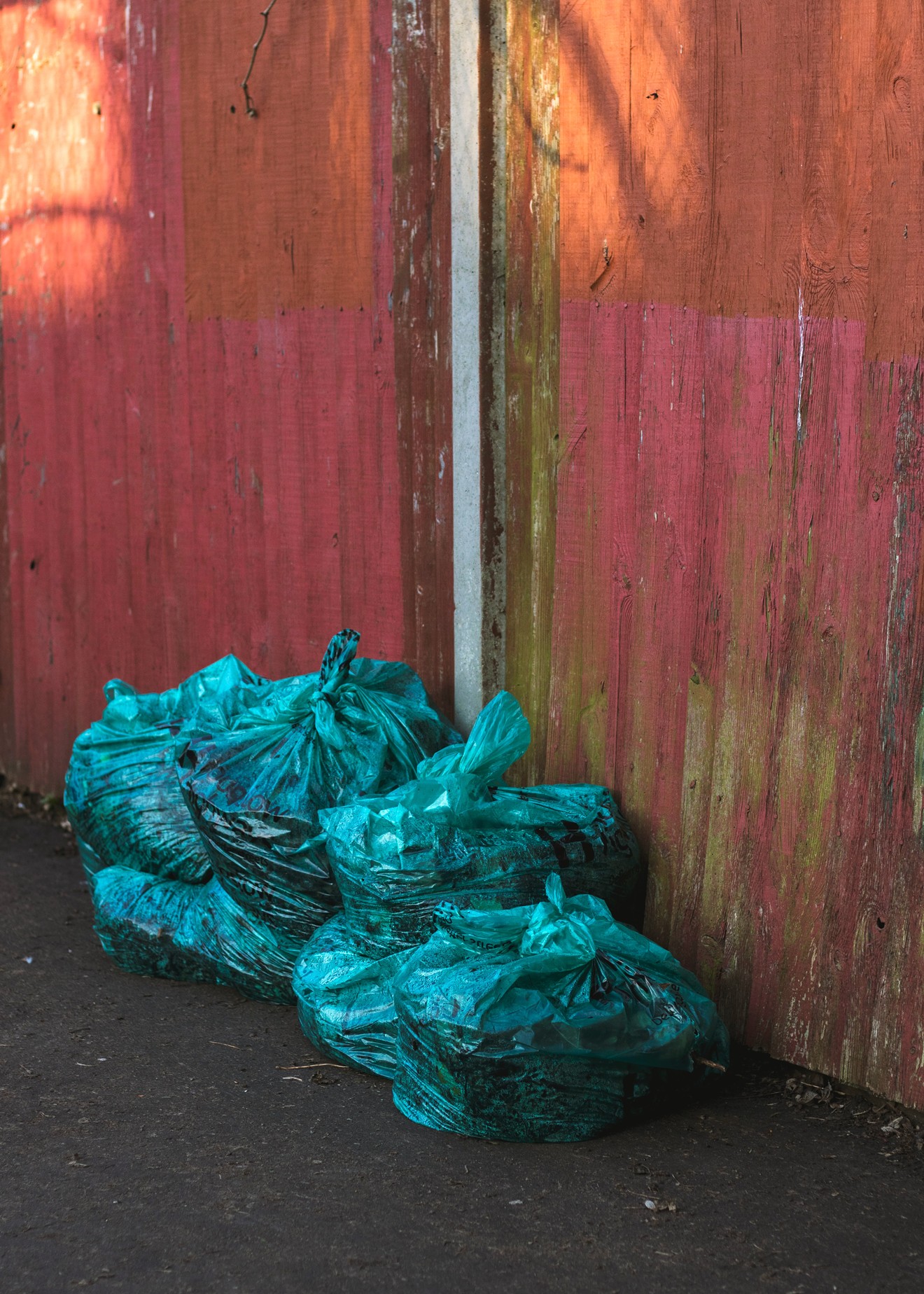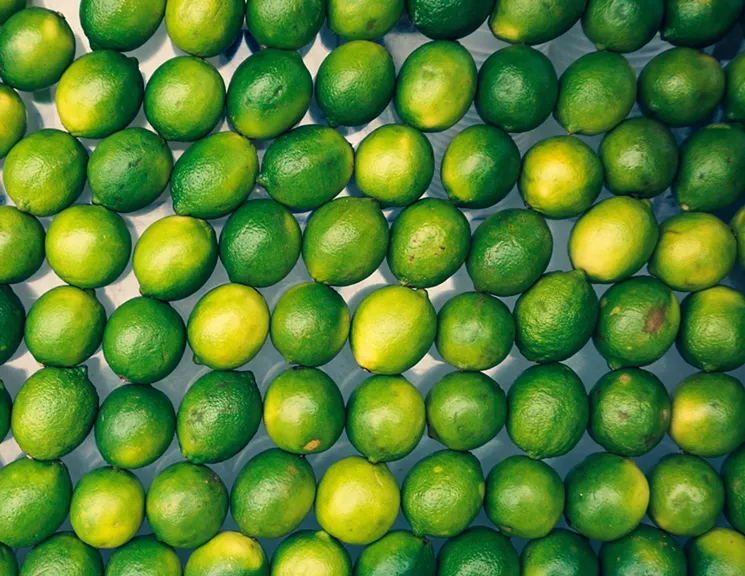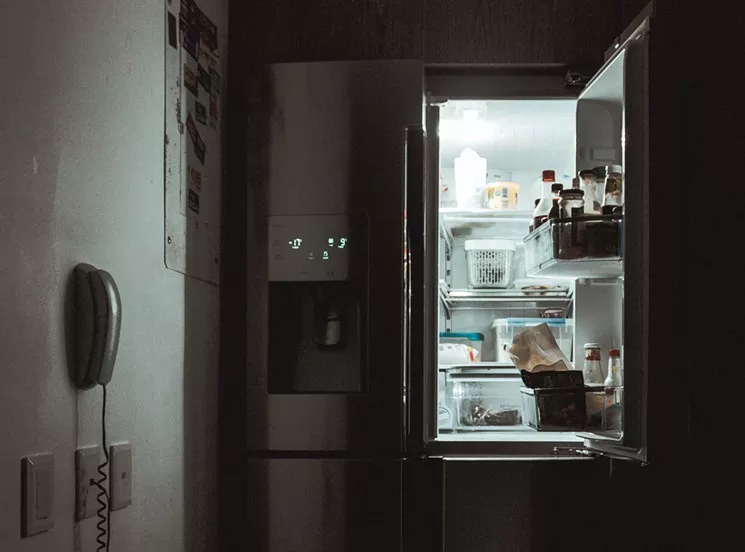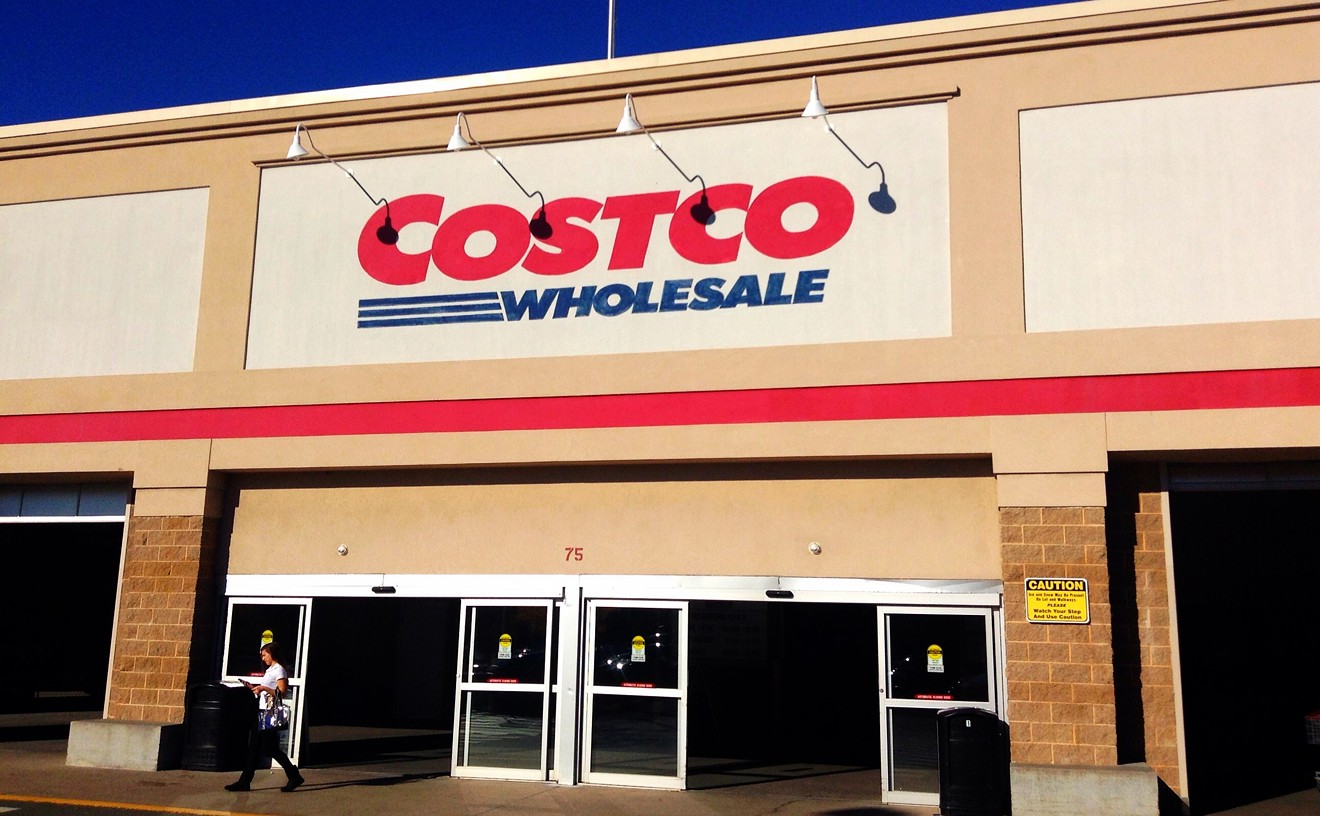The longer you spend in the garbage-bag aisle, the more the offerings start to sound like Lay’s Potato Chips flavors.
There’s Hefty’s “Ultra Strong” Arm & Hammer collab, which is scented with lavender and sweet vanilla. The Forceflex from Glad is infused with Gain laundry detergent and Febreze-blasted "OdorShield technology" that smells of sweet citron and lime.
The message is clear: Significant demand exists for products that will make it so your kitchen doesn't stink when you walk in the door.
These odors originate with old trash, of course, but the bags help keep it around. Most trashcan bins and liners are plastic, a material “just porous enough to hold on to a smell.” Bad-kitchen-trash smells often compel people to take the trash out early, before it's full, which is both wasteful and expensive.
Of course, there are all sorts of products and pods promising to remove odor from almost anything. But they come with more packaging, i.e., more plastic and overall trash. As Columbia University’s Earth Institute stated last year: “The only surefire way to be truly eco-friendly about trash bags is to create less trash, so you don’t need as many!”
Most of us know the baking soda trick. But certain foods and kitchen supplies also double as natural deodorizers — cutting down smells, and, possibly, your kitchen waste.
Citrus, Our Savior
Let's talk about limes. I always have a few of 'em rolling around my countertop on the weekend, for vodka-soda purposes. My friend Joaquin Rios uses about six lime wedges (not a typo) in a single Corona. They literally grow on trees around here.As a society, we go through a lot of limes. But lime remnants are bad for your compost pile. In fact, they might reduce your compost pile's nitrogen value.
Instead, set your squeezed-out lime wedges off to the side. Let them dry. Then toss them in with the garbage. (You can do this with lemons or citrus peels as well.) The juice adds a citrusy scent to the can, or it at least neutralizes the intensity of the garbage smell (or prevents it from getting to that point).
Extra, Extra: Try Extract
Roughly one million housekeeping websites advise treating your less-than-fresh garbage with a few drops of extract or essential oil.Bob Villa recommends you sprinkle a few cotton balls with vanilla extract and toss them in. Others suggest dowsing cotton balls with essential oils as well. Apparently, lemongrass oil is a natural odor fighter; tea tree oil and peppermint are also often suggested.
More ambitious how-to and housekeeping articles recommend DIY deodorizer tablets. They usually call for baking soda, water, some essential oil or extract, and a free Saturday afternoon.
But the craziest pro-tip I’ve seen is adding charcoal to your trashcan to absorb odor, a practice Hank Hill would most likely support.
Hit the Fridge, Too
I am of the opinion that if your fridge or freezer smells weird, you hate everything inside, and you should consider clearing your shelves, tossing everything, and starting over. But dumping your crisper drawer into the garbage, or even compost, isn’t the solution.A 2020 Buzzfeed article recommends that you clean your fridge consistently not only to prevent odor, but to get ahead of microbial growths like Listeria monocytogenes and food spoilage. That’s on the recommendation of Shauna Henley, PhD, a family and consumer sciences educator with the University of Maryland Extension.
If you’re wondering how often “consistent” is, it depends on your household. “Generally speaking, young children under the age of 5, older adults 65 and up, pregnant women, and immunosuppressed individuals are more likely to acquire a foodborne illness,” Henley says. If that applies to you, weekly cleanings are recommended. Otherwise, monthly cleanings are cool.
If it’s been a while since you gave the icebox a scrub, the Centers for Disease Control and Prevention has a handy infographic. It's called “5 Steps to Clean Your Refrigerator.”















